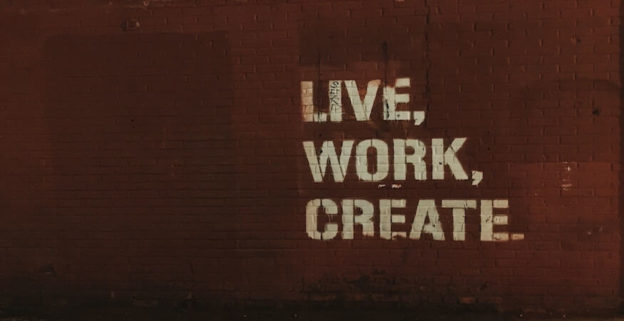Last week I had a conversation with a highly successful family lawyer who was telling me about what he wanted “more of” in his law firm. He said, “I want us to be a firm that is 100% committed to excellence, to provide our clients with the greatest level of value, and to be seen as a firm that consistently achieves the best results for our clients.”
There was a sense of excitement in his voice as he described what he wanted and why it was important for him and his firm.
Lawyers who believe their work is meaningful are successful rainmakers, enjoy their work and have thriving practices.
One source of meaningful work comes from delivering a high level of excellence and exceptional value to clients. It is rewarding, worth the effort and results in increased revenue and profitability. Yet, many firms continue to over emphasize the billable hour as the primary message with associates and partners, a message that can leave lawyers less than enthusiastic about growing their practice.
In Malcolm Gladwell’s book Outliers, The story of success, he states “It is not how much money we make that ultimately makes us happy between nine and five, it’s whether our work fulfills us.”
In his book there is a chapter on lawyers, devoted to the concept of “meaningful work.” In the chapter he describes how highly successful law firms were founded by individuals whose cultural circumstances gave them belief in meaningful work.
According to Gladwell, having meaningful work was one of the hallmarks of successful people.
How meaningful is your work? Assess your practice and answer the following questions:
- What is important to you?
- What contribution do you want to make?
- Why does your practice exist?
The following is an email I received from a family lawyer who understands the value of meaningful work:
“I began to see the practice of family law as the service of guiding people through one of the most difficult times of their lives. I truly believe that is what we do, but when you “name it” you internalize it. In the past, when people asked me what I did for a living, I responded that I was a ‘divorce lawyer’. Not anymore. I will proudly proclaim that I am a problem solver. And I believe it.”
The lawyer who sent me the email has a thriving, profitable practice and is one of the top originators at her law firm. For her, meaningful work comes from knowing that she has the knowledge, expertise and resources to help clients achieve the best possible results. For others, meaningful work may be something different. In Outliers, Gladwell outlines the following 3 criteria for meaningful work:
- Autonomy
- Complexity
- Connection between effort and reward
We all may define meaningful work differently, but what is universal is that meaningful work comes from a strong sense of purpose and typically goes beyond a surface measurement like a “billable hour” quota. By focusing on why you exist and the contribution you want to make, you will attract desirable clients, increase your origination and build a practice that provides fulfillment ( and satisfaction) to your work.

